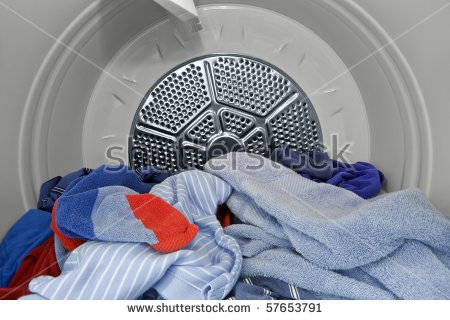Get To Your Destination Faster with some TSA Prep
Are you traveling anytime soon? If so, doing a little homework before you travel could save you some serious time at the airport!
For instance, visiting www.tsa.gov the transportation security administrations website can help you learn what items can be packed in carry on and which are best to leave in your check in suit case. You can also learn size requirements for toiletries that are allowed on planes and then find properly sized items in stores.
As a final tip, remember that all carry-on gels, liquids and aerosols need to be placed in a 1 quart, single zip-top, clear plastic bag.
For more information to help make your travel time faster visit www.tsa.gov.
Happy travels!








